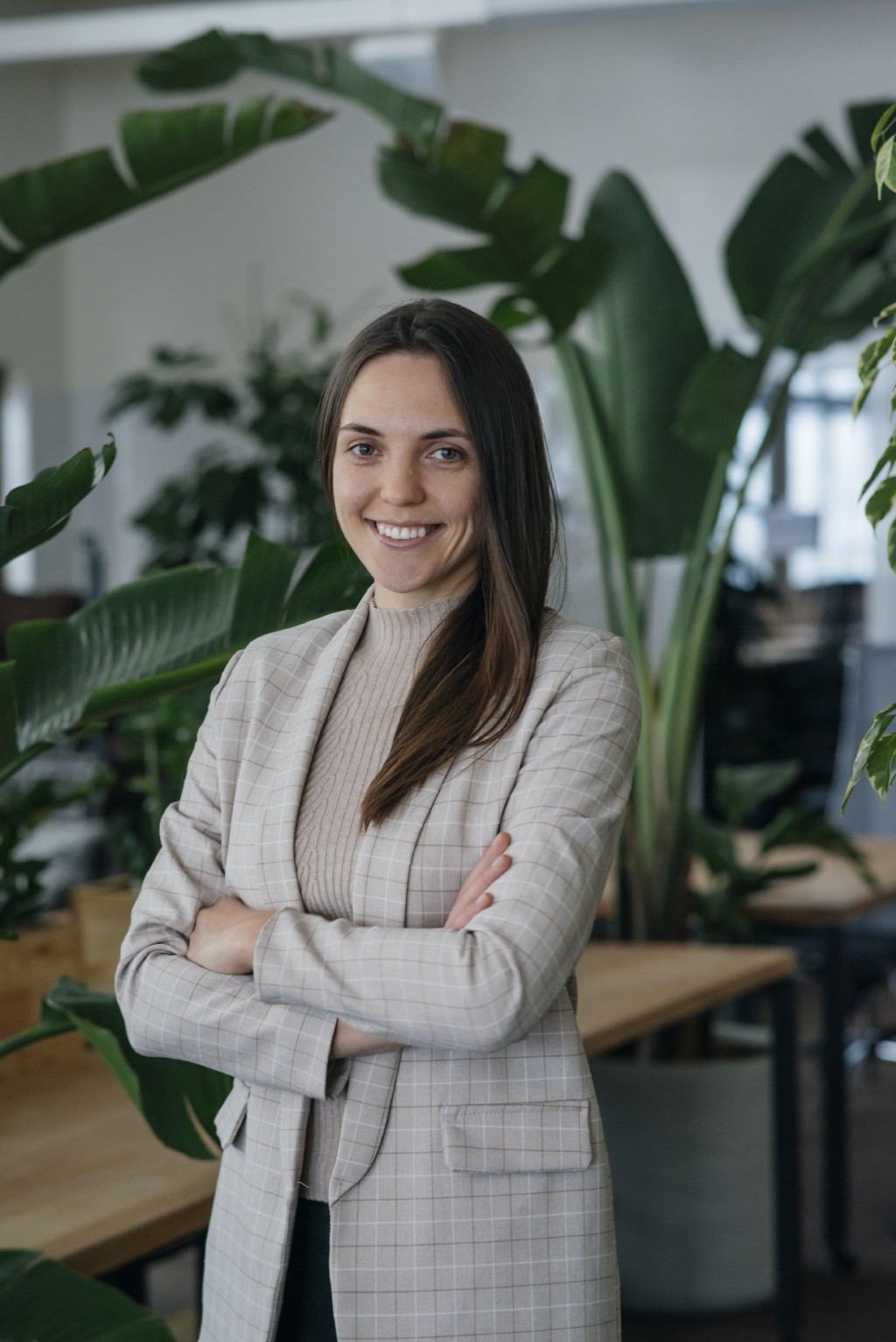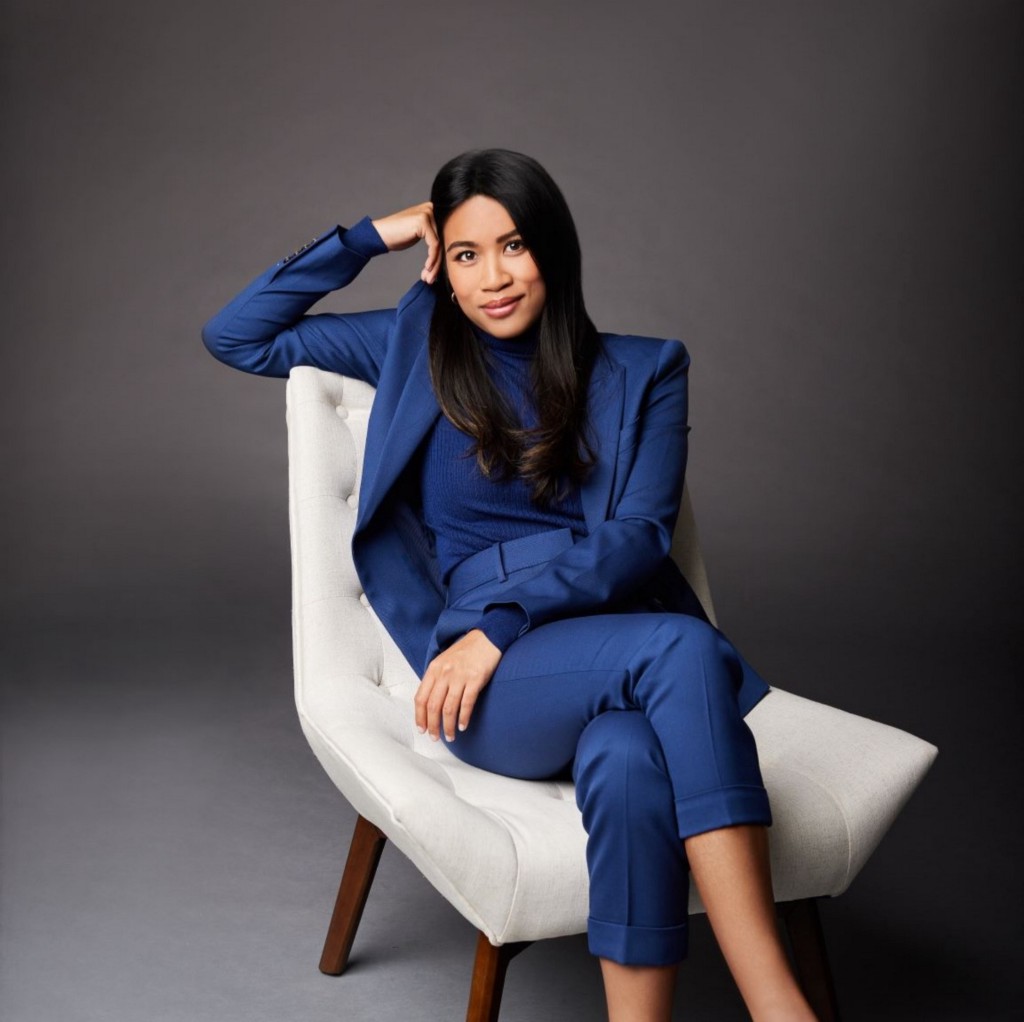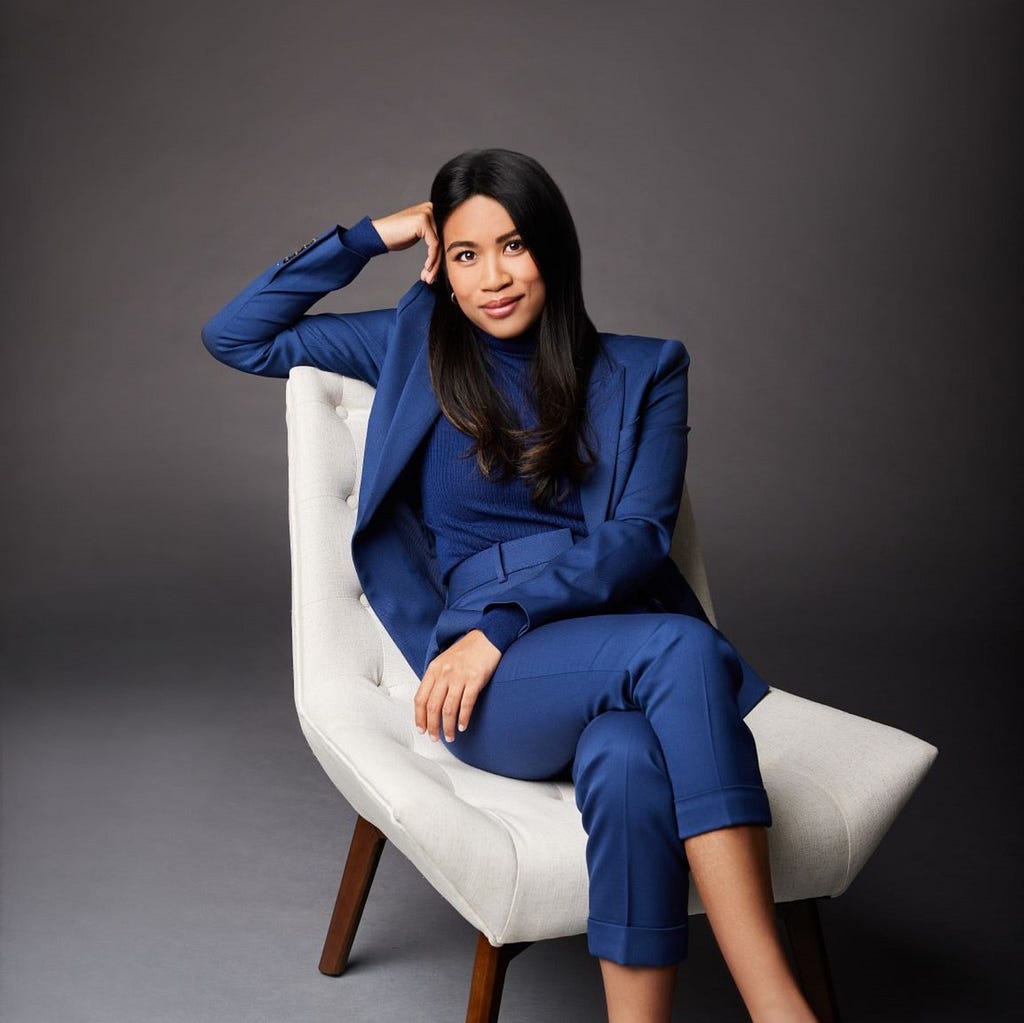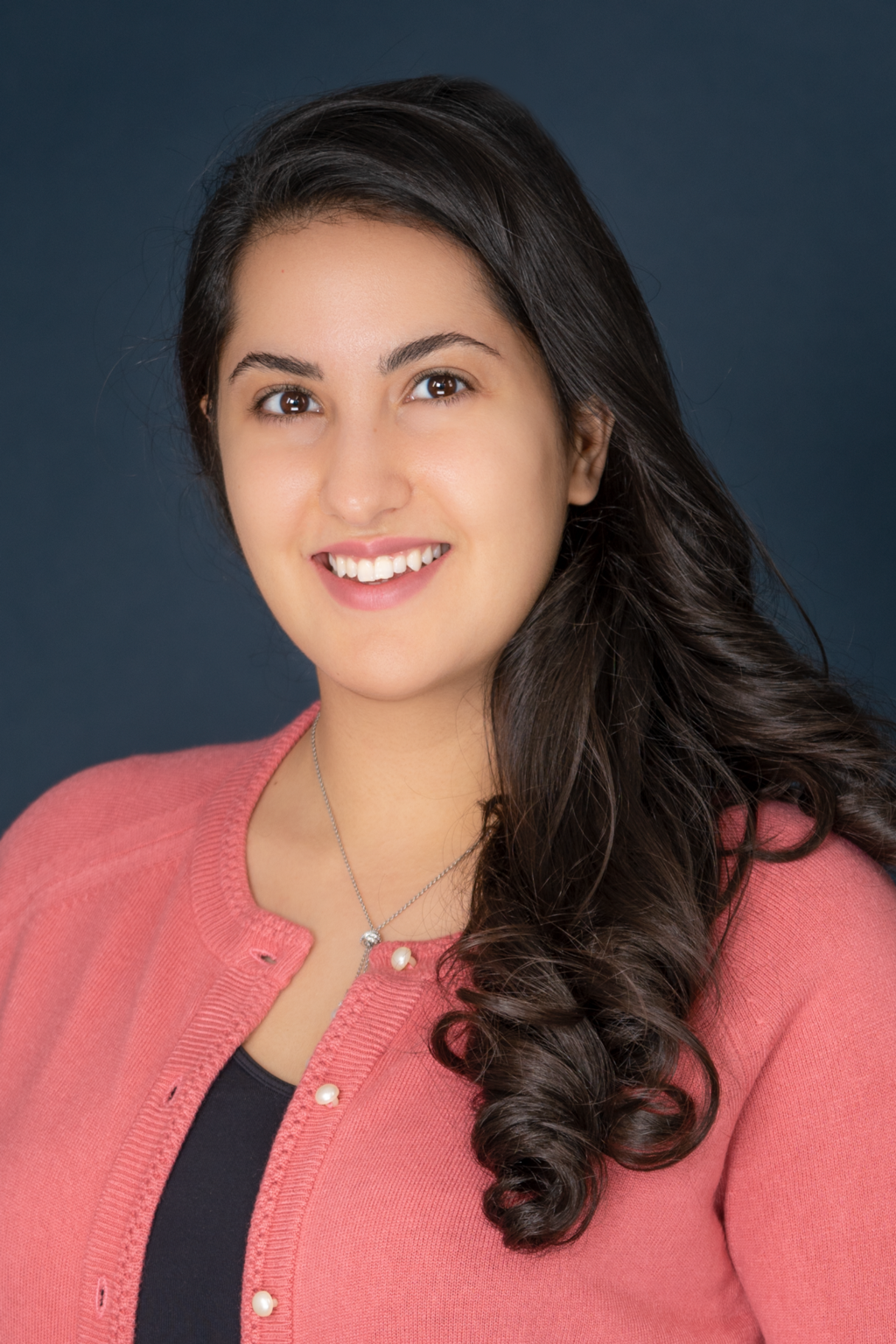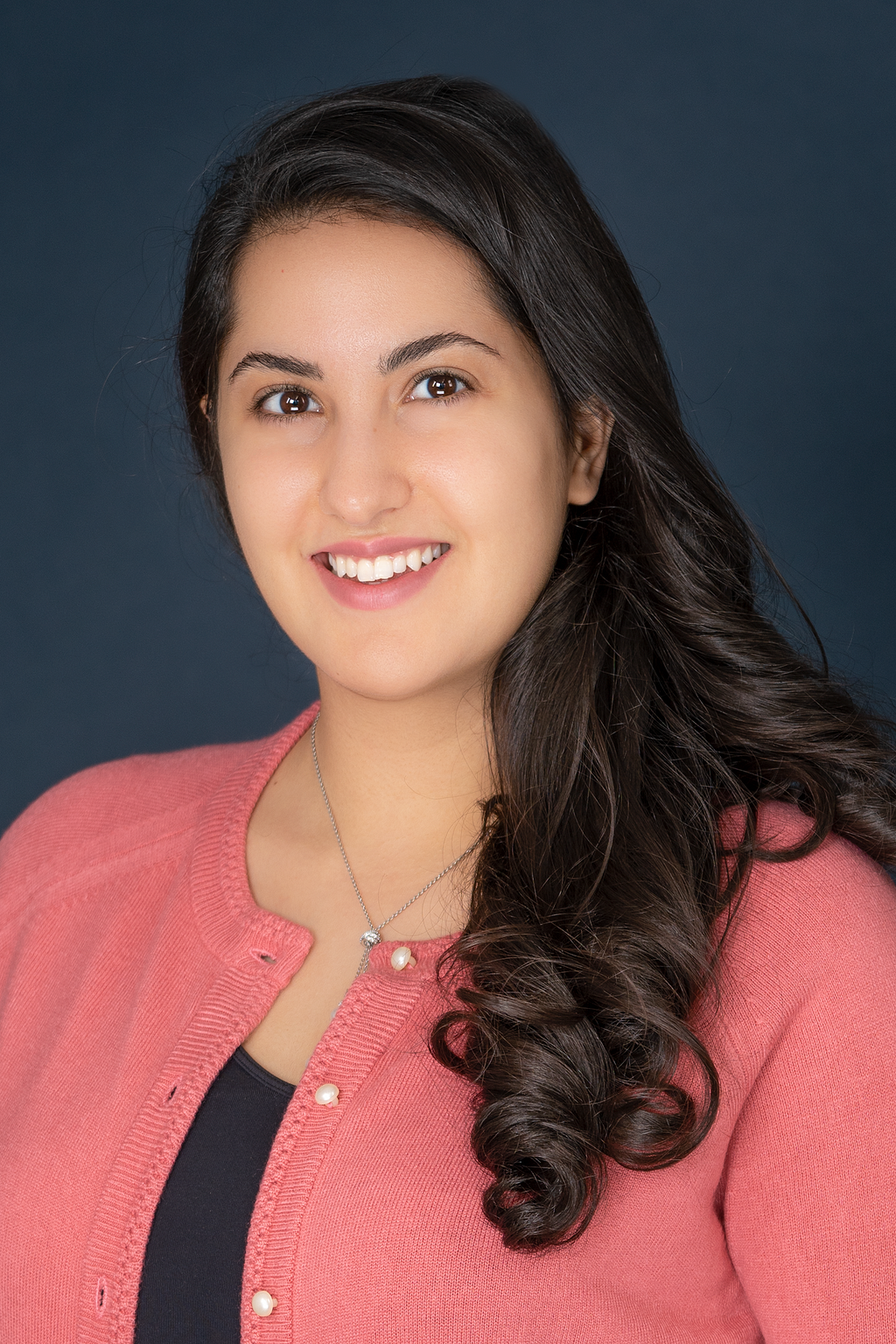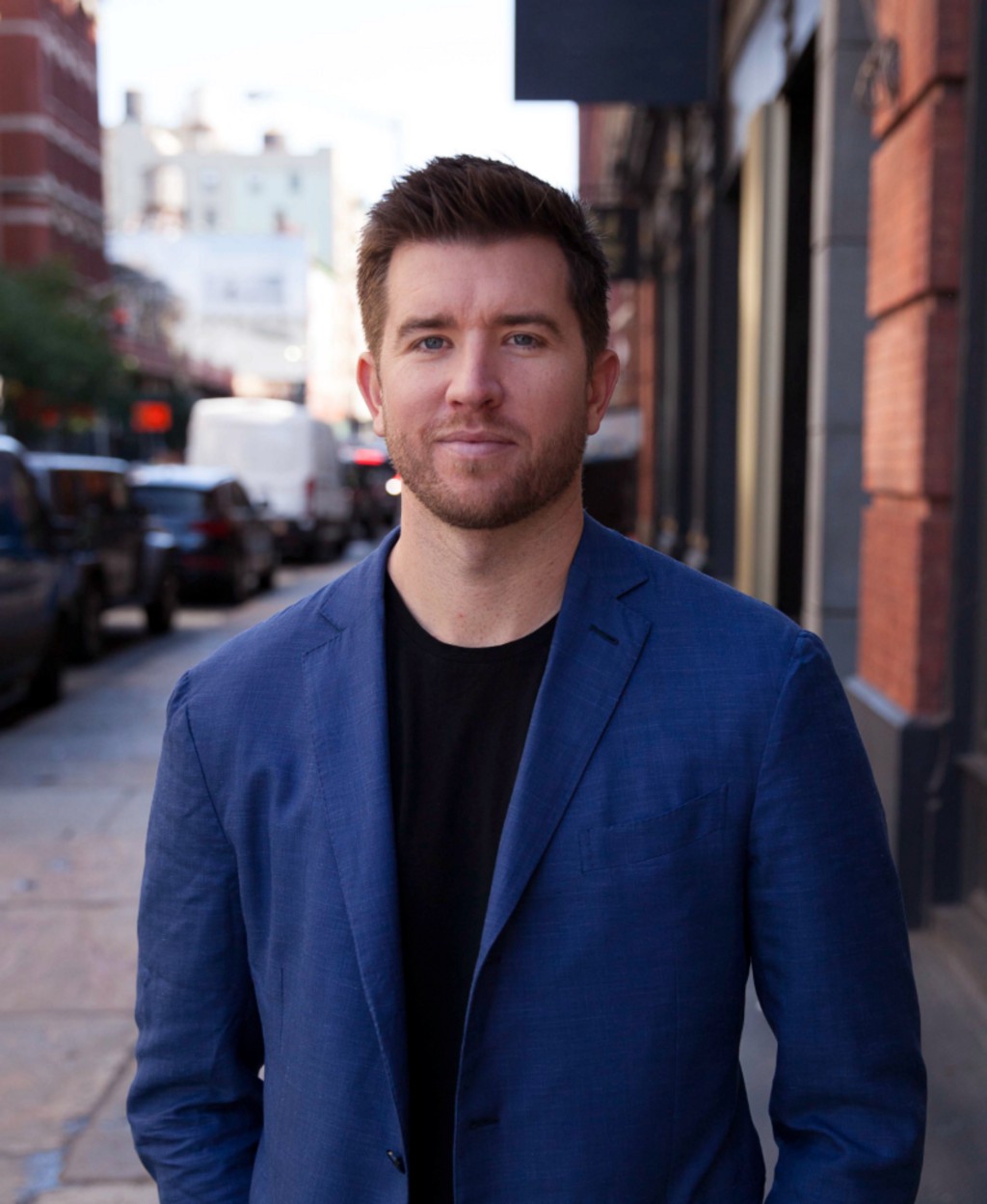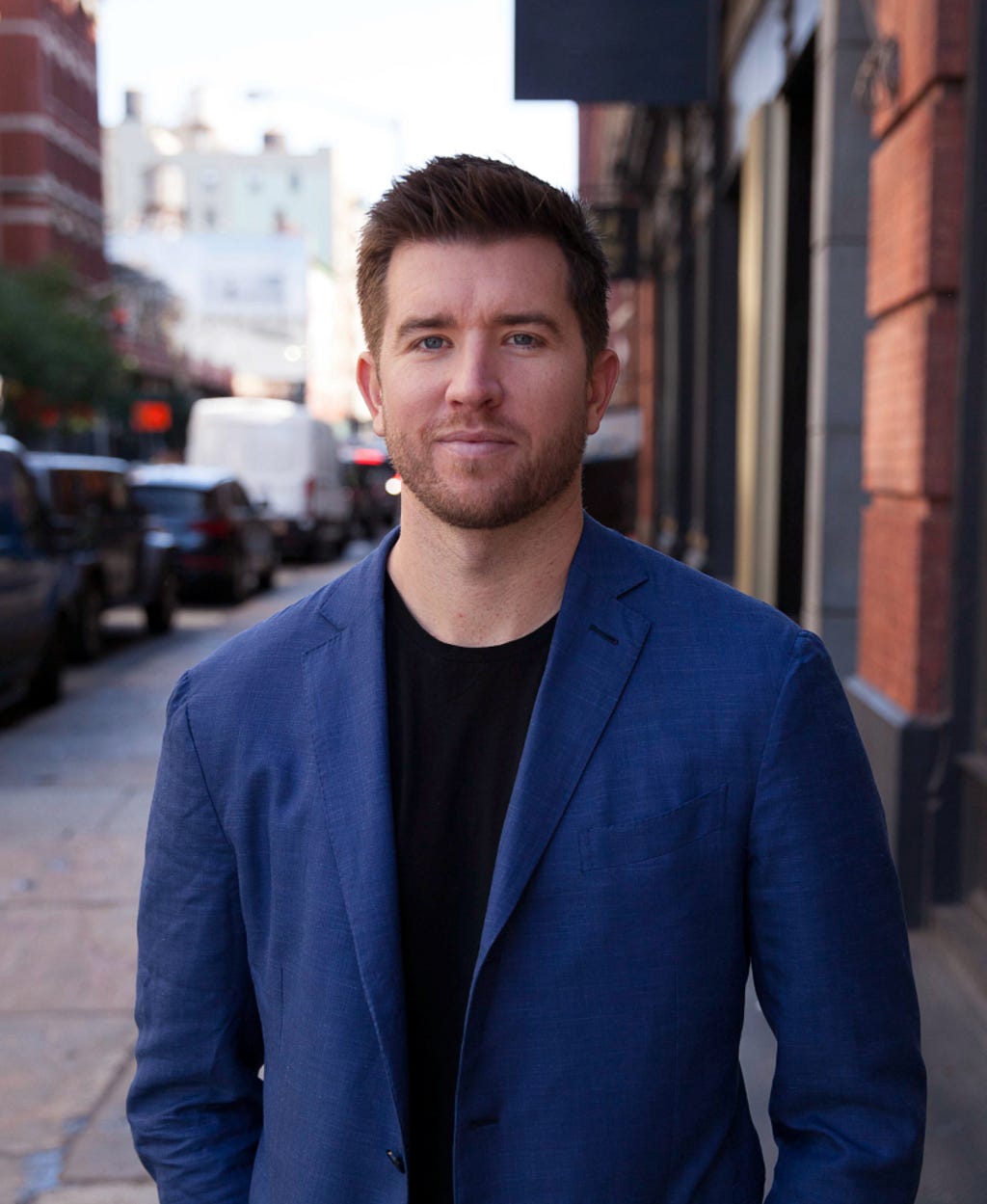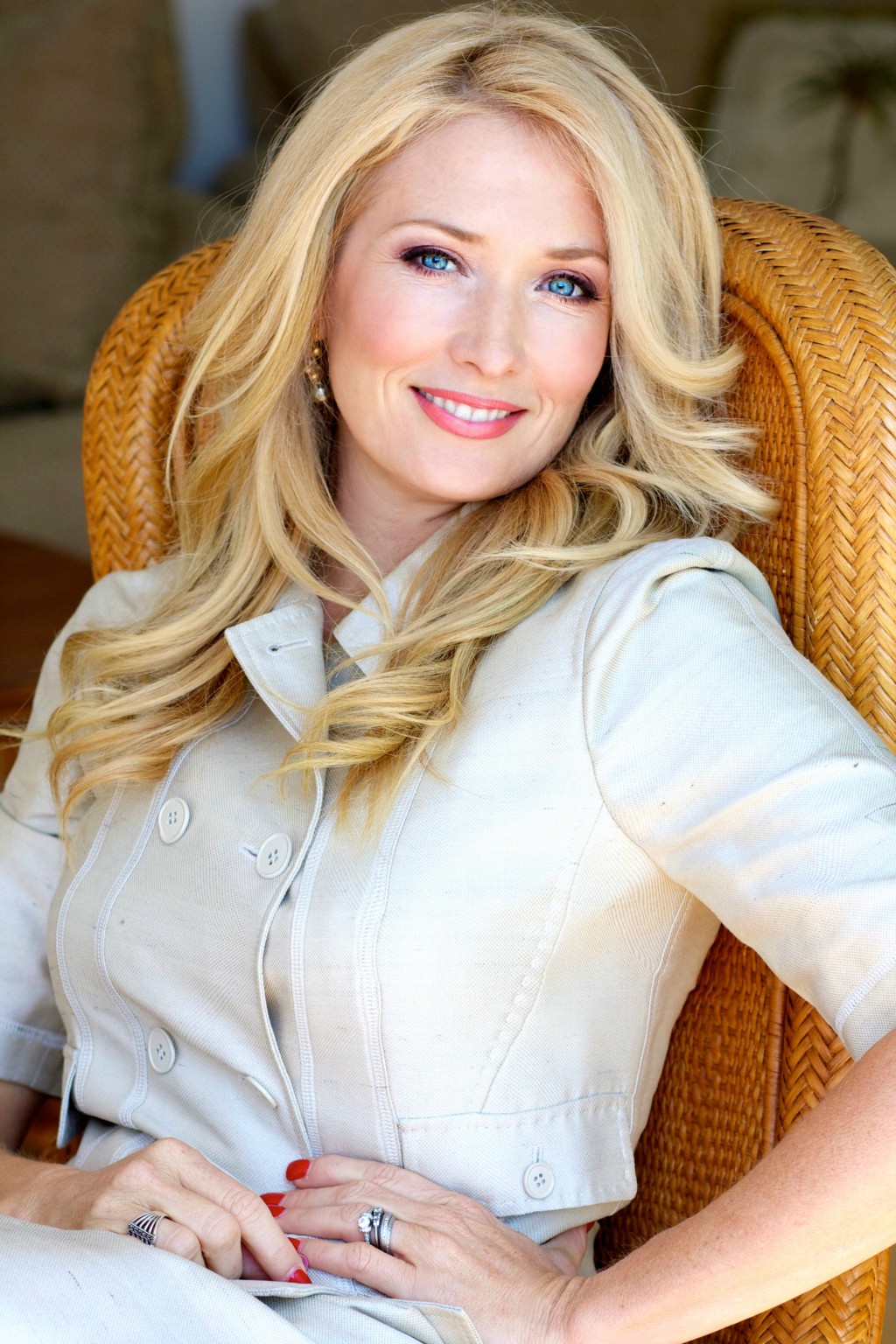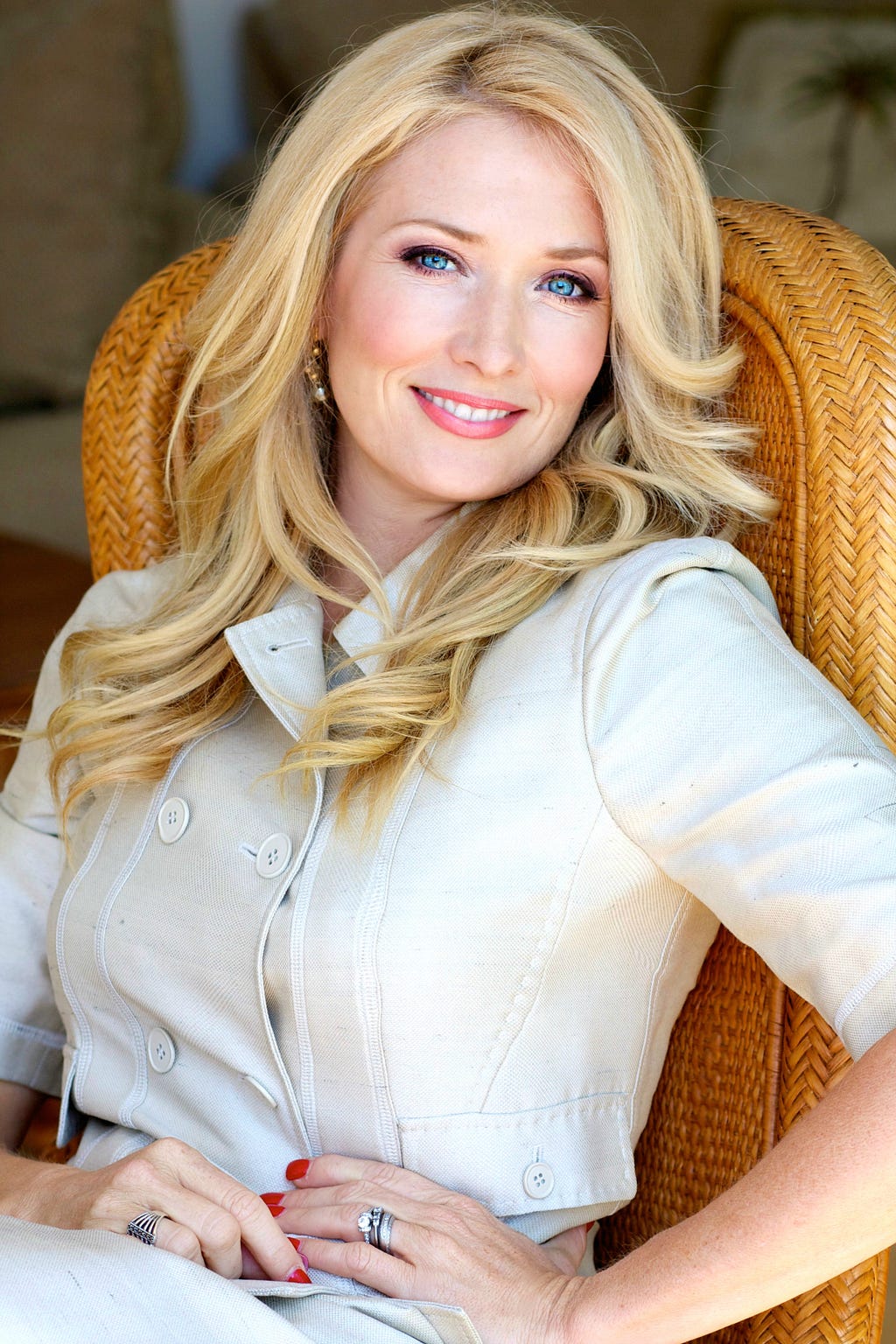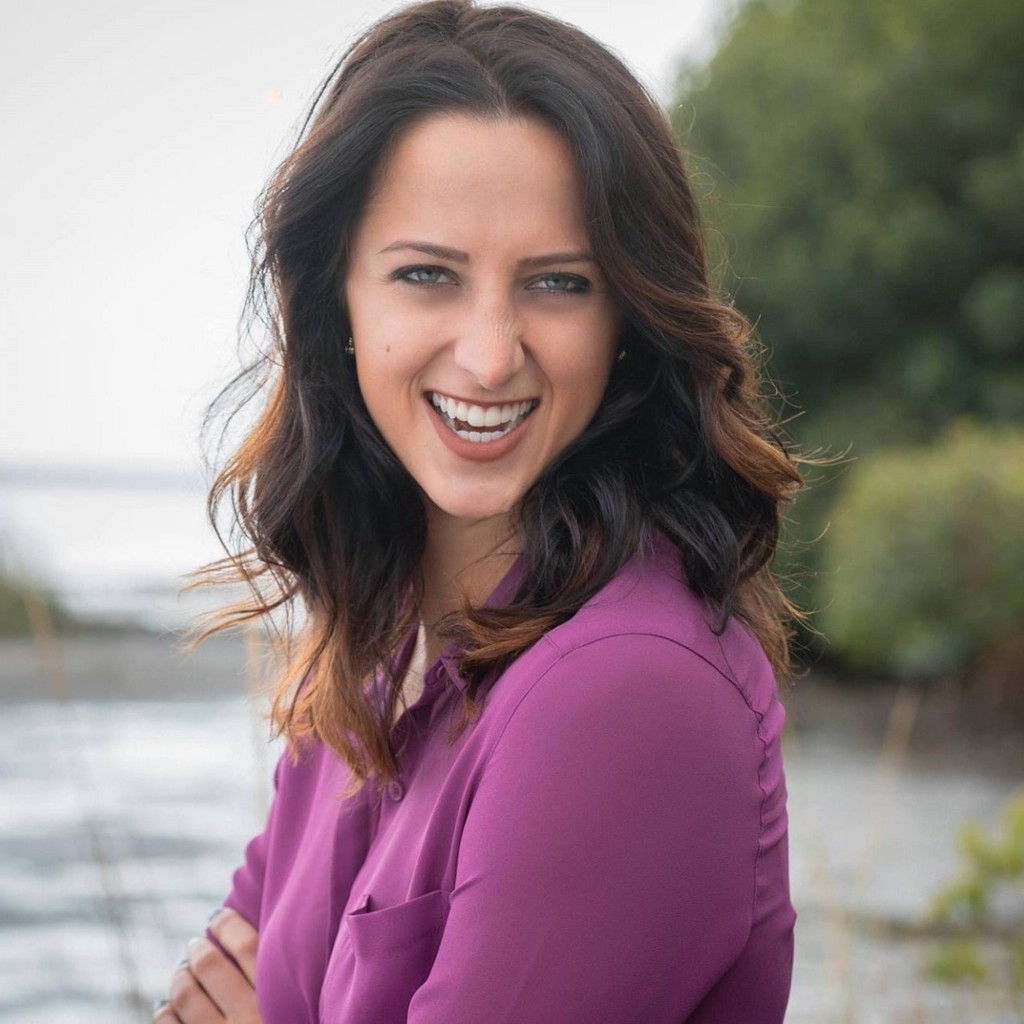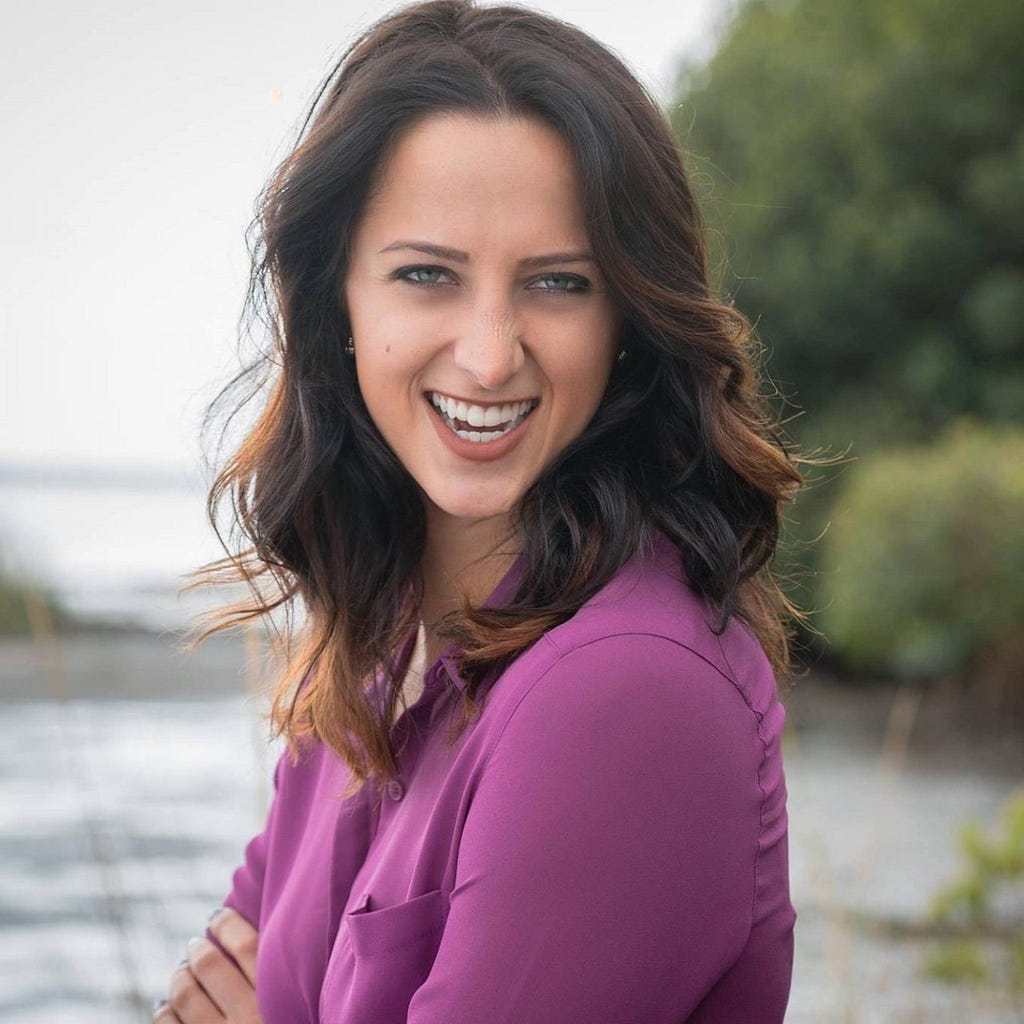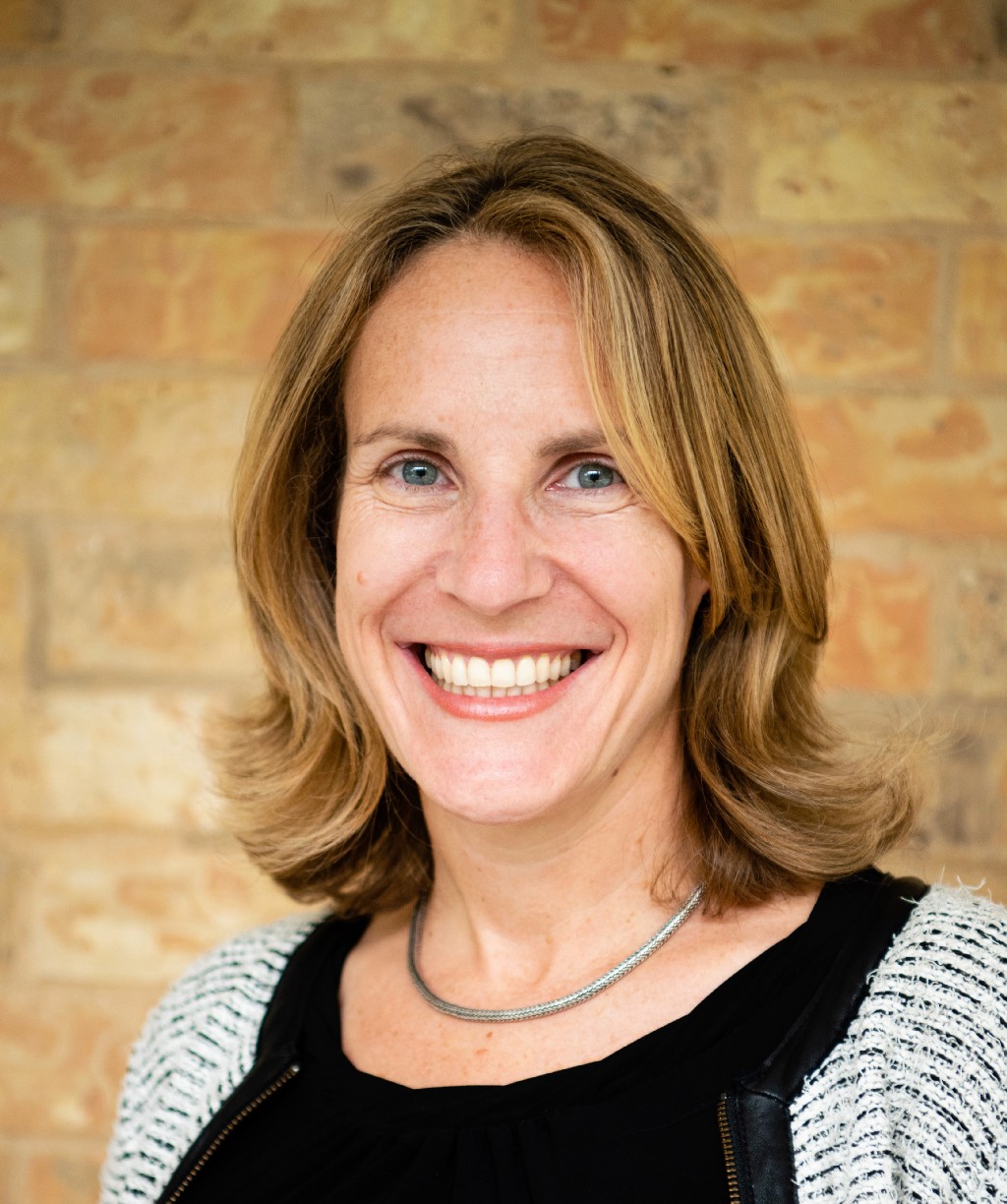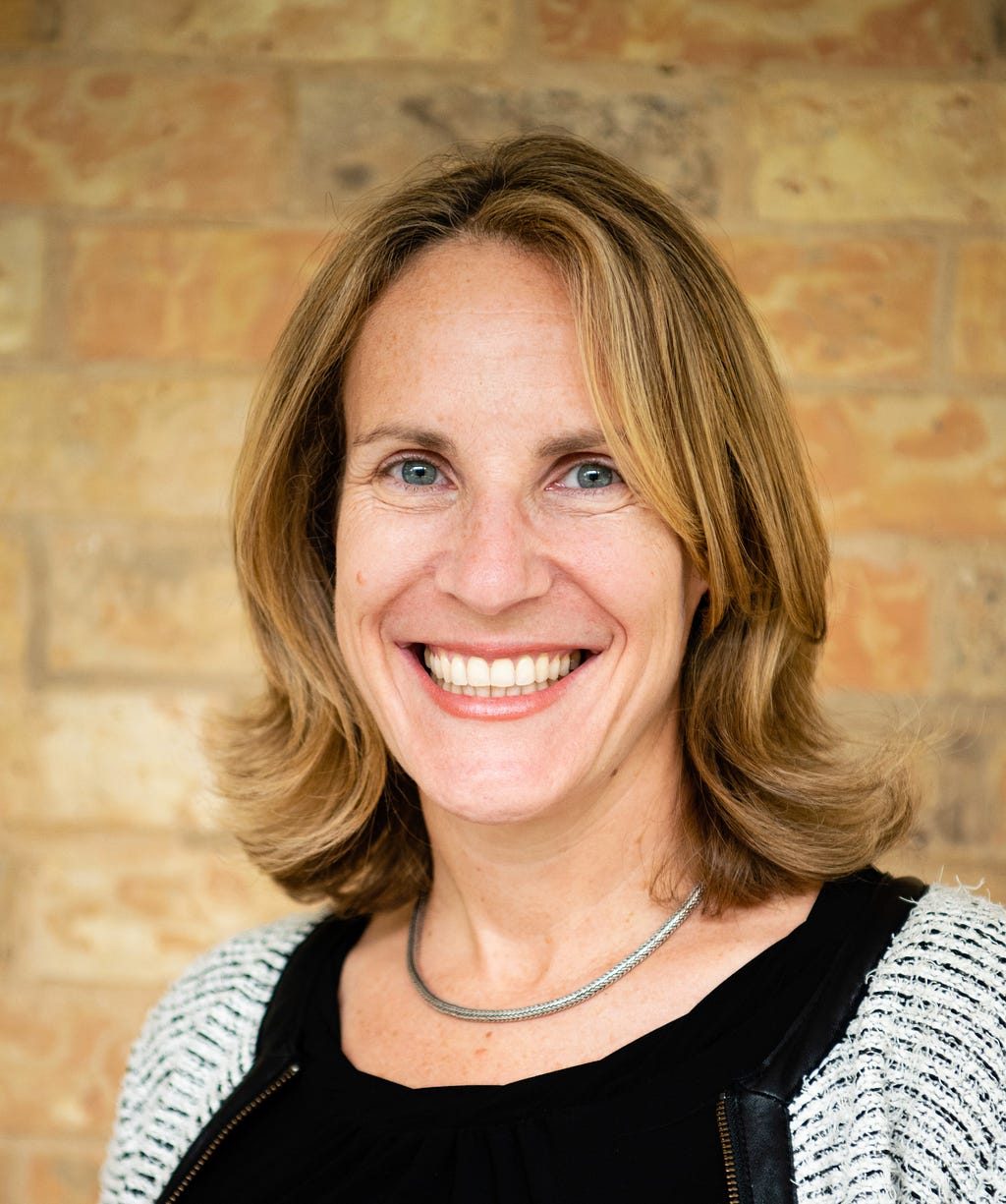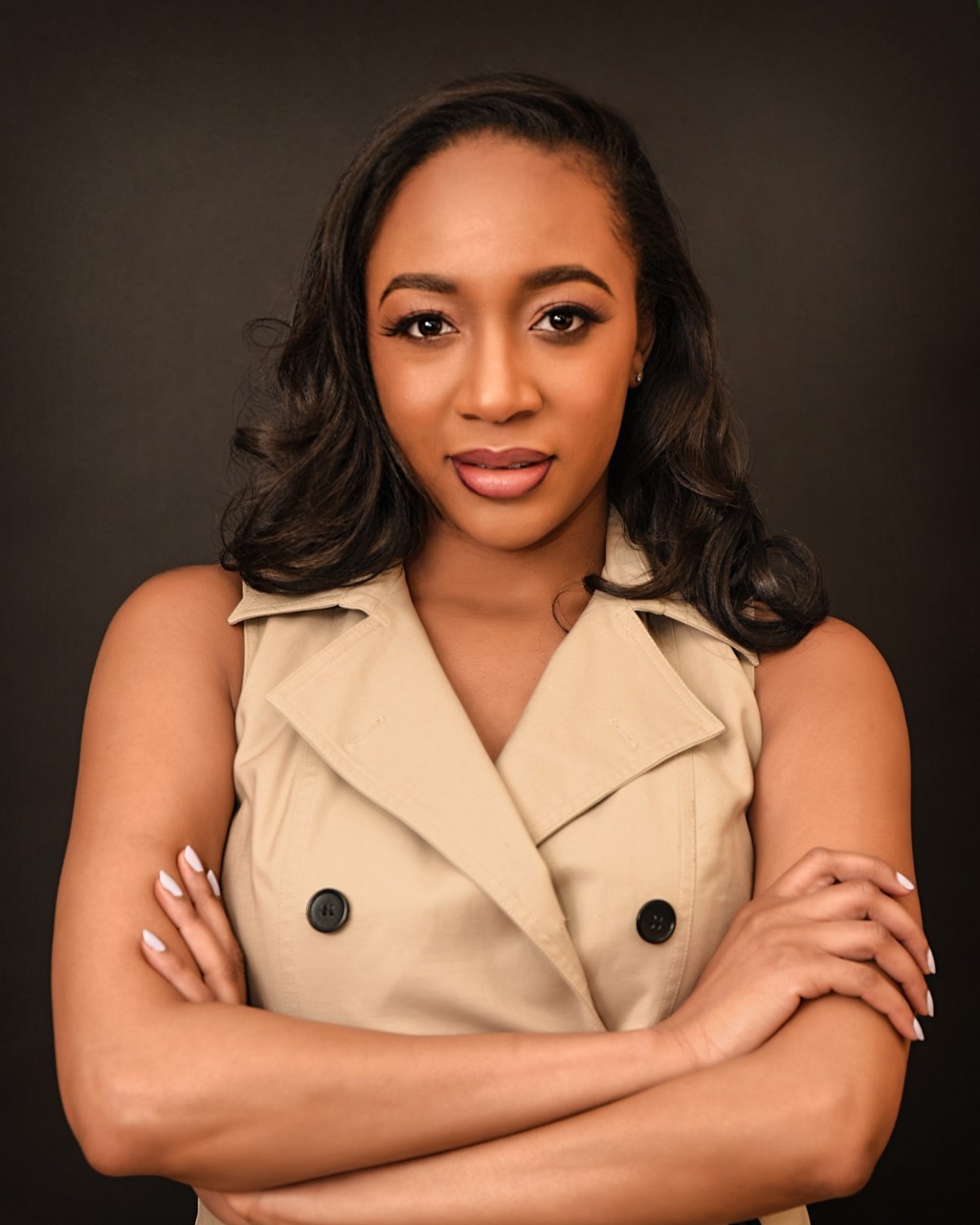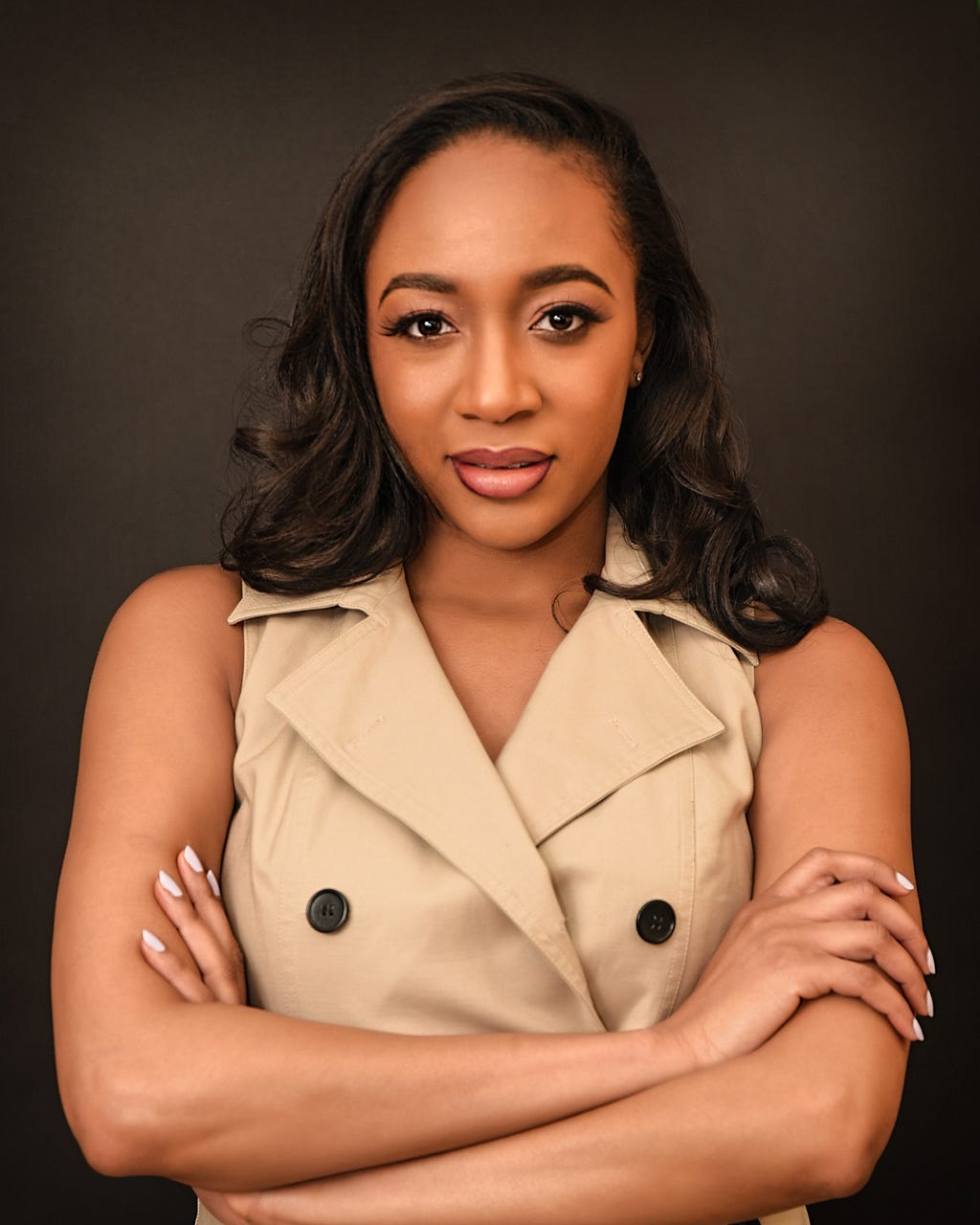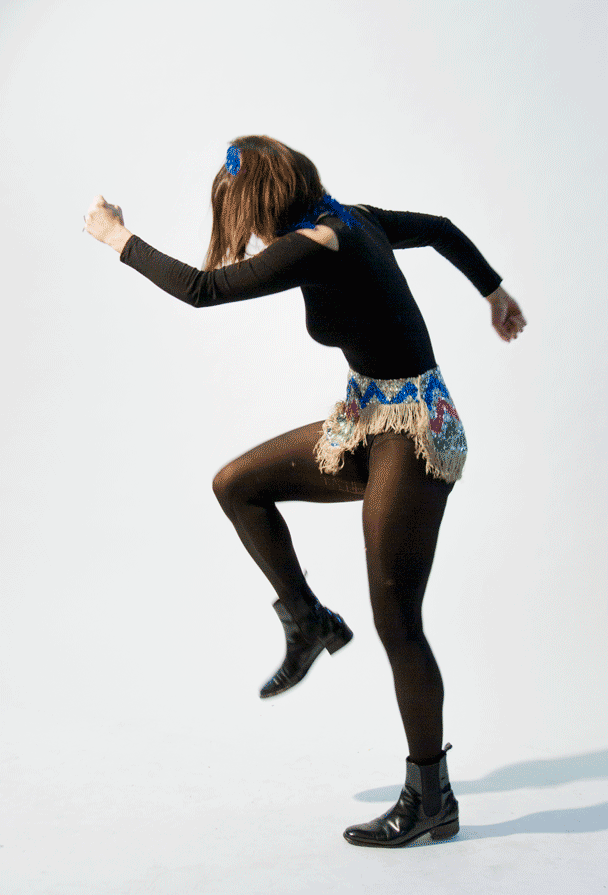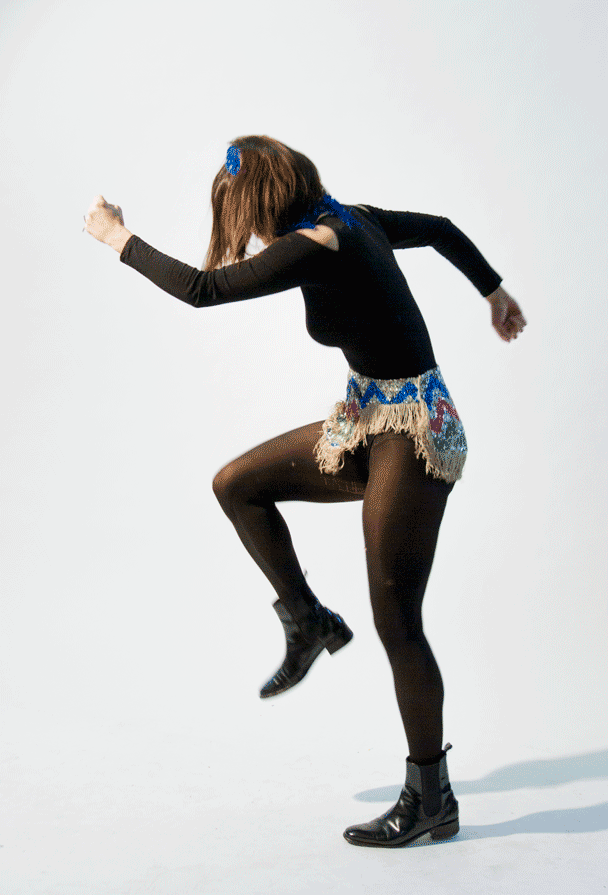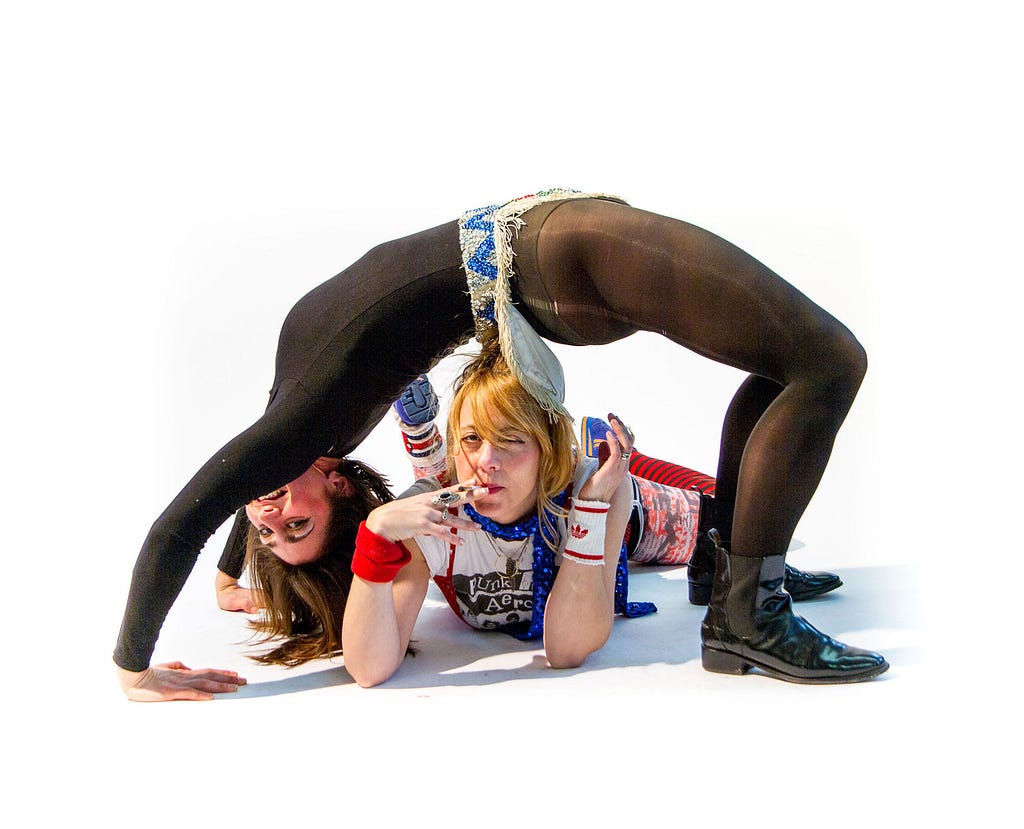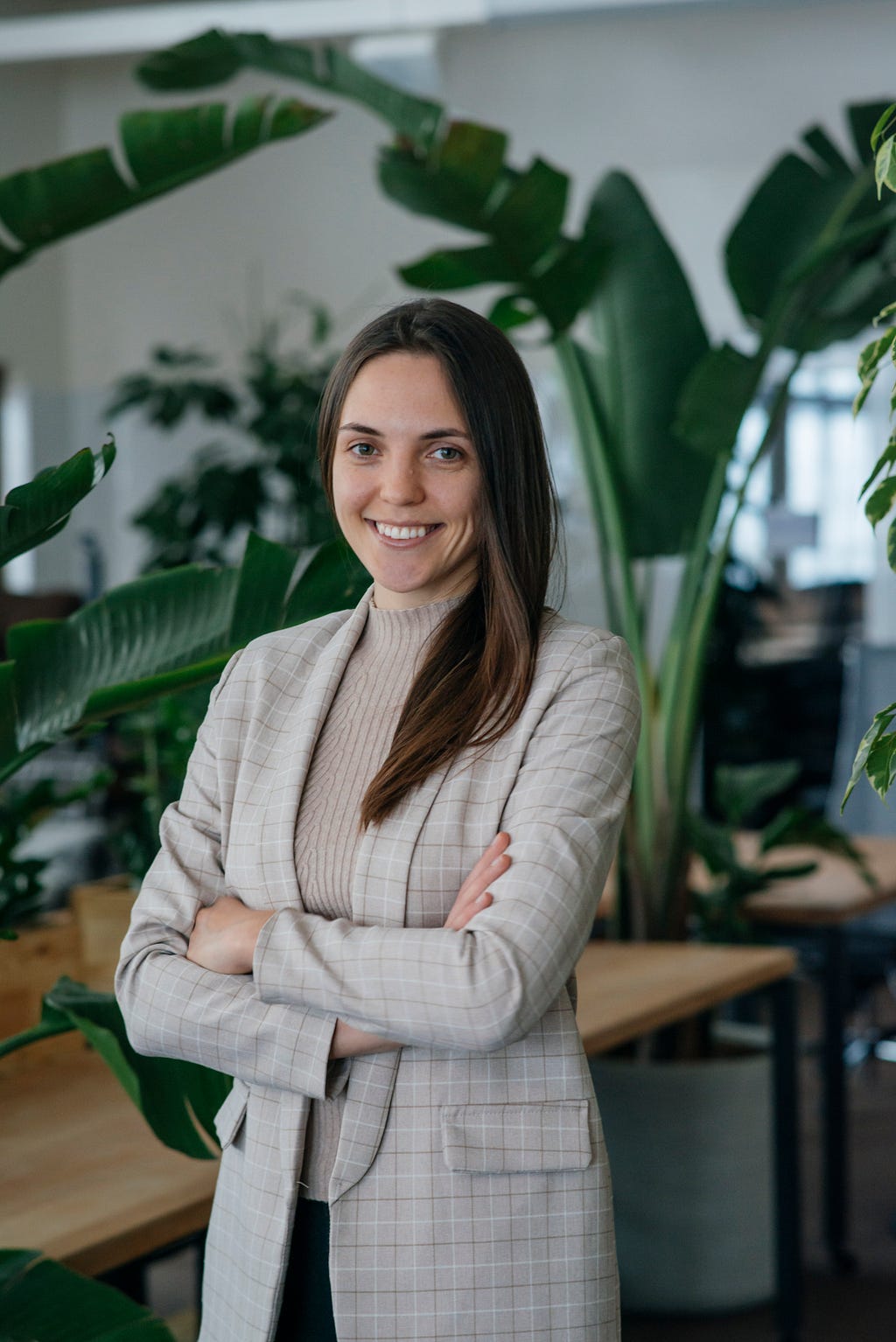
Group tours have gone out of style. The phrase “group tour” reminds many of an old lady with an umbrella, 50-seat passenger buses and trips around Europe. But, in truth, group tours may become a truly exciting experience of discovering the world and expanding your own personal boundaries in a friendly and supportive environment.
As part of my series about “developments in the travel industry over the next five years”, I had the pleasure of interviewing Olga Bortnikova.
Olga Bortnikova is the CEO and co-founder of YouTravel.me. YouTravel.Me is an algorithm-powered online marketplace for booking multi-day small group adventure tours organized by vetted travel experts. It offers a wide range of experiences, from yoga retreats to safaris. Launched in Europe in 2018, YouTravel.Me is a global community of over 10,000 happy travelers and 3,700 travel experts offering 14,000 tours in over 130 countries around the world. In 2020, during the pandemic, the company doubled its revenue. Olga lives in San Francisco with her husband.
Can you tell us a story about what brought you to this specific career path?
My husband Ivan and I used to travel a lot and planned every trip on our own. But one of our vacations in China proved to be a disappointment: putting our trust in a tour operator, we bought a package tour and ran into many problems, from a 5-hour flight delay to the tour guide’s incompetence. After returning home, we decided to find a service with a more personalized approach to tours, but discovered that there hasn’t been a good platform that could offer that.
A charter flight, several buses, tired people, no feedback — we were amazed how little the organizers cared about the tourists. Nobody was concerned if the guests liked the trip, everybody was just working their part of an assembly line. The hotel was far from the city, and if we wanted to go anywhere, we had to pay extra and plan it all on our own. The group walking tours mostly took us to the souvenir shops. As a result, we had to come up with our own itinerary and plan activities on the go.
So we learned that there’s a better way to do group travel — there are trips that are organized by travel experts, professional tour guides who assemble small groups for exciting trips anywhere in the world. However, there was no single aggregator for such trips, and we decided to create it on our own. We invested about $10,000 of our own money to set up YouTravel.me, spending it on site development and advertising.
Can you share the most interesting story that happened to you since you started your career?
During the pandemic, we launched BeGuide — an educational platform that supports travel experts in many areas of building a successful tour from learning how to create diverse trip itineraries to scouting for new domestic travel destinations to handling returns and ensuring the best customer service. After completing our course, one of the students quit his corporate job and launched his own successful tourism project. Prior to that, he was a business analyst and managed restaurants for a large chain, and he said that this experience helped him to be prepared for all the steps of the travel business, get involved in any business process, forge relationships and deliver outstanding service. Such stories are a true inspiration — and it’s wonderful to help people find their calling.
Can you share a story about the funniest mistake you made when you were first starting? Can you tell us what lesson you learned from that?
We got back from China and had an idea: “Wouldn’t it be great if all travelers had an opportunity to share their routes with anybody who wants it free of charge, simply uploading them to a platform so that others could diversify their itineraries without spending so much time in preparation for the trip?”
We asked our friends whether they would use such a product and whether they liked our idea. Ivan and I have great persuasion skills, which is why, I think, every single person said that they love the idea and would use such a product. They told us: “It would be great if you created it.”
This convinced us that we had to bring the project to life. But in the process of communication with potential users and getting ready for the product launch we realized that it was impossible to create such a platform. Many entrepreneurs before us tried to create similar services where travelers could create their routes on Google Maps and publish them on some external platform so that others could use them.
The idea couldn’t work because it was impossible to repeat somebody’s itinerary and all of the emotions and experiences that went with that. This is partly because when the travelers decide to replicate an interesting route a year or more after it was originally uploaded, the route may now be busy and different, and some of the places may be closed or no longer relevant. Nonetheless, we were convinced that we were doing everything right and only thought about ways to develop this idea. But at some point, during an acceleration program, we read Rob Fitzpatrick’s The Mom Test that showed us that we made all the mistakes that the book listed.
After that, we did CustDev all over, interviewed people, gathered new and honest results that clearly demonstrated that no one needs the product that we envisioned. This enabled us to fine tune the idea and launch the right product, a travel marketplace that’s steadily gaining popularity. The main lesson that I learned was that there’s no need to reinvent the wheel. It doesn’t matter how big your network is or how much entrepreneurial experience you have — Google is available to all. There are books, there are people who already went through the same thing or are at a later stage of the process. Whatever the genius idea you have, test it on users.
Since then, we’ve stopped reinventing the wheel and before setting off any work process, always try to find out how others are doing it and whether there are any procedures that help to put it in place.
Which tips would you recommend to your colleagues in your industry to help them to thrive and not “burn out”? Can you share a story about that?
Burnout is a very difficult process that happens when a person is unable to step away from their mundane, monotonous work and put things in perspective. When burnout comes, it seems as if you’ll be in this state forever. The most terrible thing is that burnout often leads to loss of feedback from users and colleagues.
To prevent burnout, I try to do less, but do it better.
Morten T. Hansen, professor at the University of California at Berkeley, did a survey where he asked 5,000 people how much effort they put in their work. He discovered that those who followed the principle of “do or die,” had only a 54% success rate. At the same time, those who preferred to “do less but better” achieved a 76% success rate. This tells us that one should manage the burnout before it occurs. This is why I always try to focus on the highest-priority things.
But if burnout can’t be avoided, if you already feel like you don’t want to work or grow your favorite business/product, it’s good to focus on your work with the users. For me, this always works. When I feel the signs of burnout, I begin to do surveys, talk to the users, ask what they like and dislike about the product. Thanks to this feedback — and users frequently give very positive and kind feedback that creates very pleasant emotions — I feel myself re-charged and go back to improving my product.
Plus, when you collect feedback, users often share what else they want from the product or what things are missing for them. And when I hear that our product is already solving people’s problems, and I can give them more, this gives me additional motivation to work and create. At that moment, the burnout vanishes into thin air, and I realize that I was given a chance to look at my business differently.
None of us are able to achieve success without some help along the way. Is there a particular person who you are grateful towards who helped get you to where you are? Can you share a story?
Top and foremost, it’s my husband and co-founder Ivan who helps both my personal growth and our business-building.
When we were just launching YouTravel.me, Ivan was successfully building his career at an international company, but he agreed to build a business with me, even if prospects were uncertain. At that point, we had no idea how things would work out. Having his support definitely gave me strength and confidence.
In addition, a week before the pandemic started, Ivan received a letter from his previous employer, offering a job with a good salary. Despite the fact that YouTravel.me’s profits fell by 80–90% at that moment, Ivan turned the offer down and took the risk. Our company was almost bankrupt. But his decision somehow gave us faith that things would work out moving forward. His support gives me rock-solid certainty that with his help I can build a business that will change the lives of many people for the better.
Thank you for that. Let’s jump to the core of our discussion. Can you share with our readers about the innovations that you are bringing to the travel and hospitality industries?
Group tours have gone out of style. The phrase “group tour” reminds many of an old lady with an umbrella, 50-seat passenger buses and trips around Europe. But, in truth, group tours may become a truly exciting experience of discovering the world and expanding your own personal boundaries in a friendly and supportive environment. Using our proprietary method, we enable people to learn about the other members of the group they’ll be traveling with. We practice micro segmentation of users, dividing them into groups on the basis of their values, previous experience and life story, along with their traveling goals. We connect them with travel experts and groups that match their interests and preferences, so that during a trip they would be surrounded by like-minded people. This all happens within a platform where you can buy the tour, pay for it, speak with a travel expert and receive a selection of recommended tours that will be well-suited to your tastes and interests.
Which “pain point” are you trying to address by introducing this innovation?
Planning your trip itinerary on your own takes a lot of time and effort. Even if you spend a lot of time and effort to plan — and people spend an average of eight hours to prepare one trip — there’s no guarantee that the trip will be truly outstanding. Certain locations may prove to be closed because of the public holidays or for any other reason. The taxi drivers may take advantage of you, and hotels may not have the amenities you envisioned. All of these issues may arise, and there’s no way to prepare for that. Trips with friends may not be as fun as you thought they would be. Frequently, when the group lacks cohesiveness, and everyone has different expectations, different levels of energy and different motivation, everyone ends up wanting different things. This makes the process of coordination very tiring even when the trip itself is quite short. All this has a visible impact on emotions that we bring back with us from vacation. By using our platform, the travelers save time and energy so that they can enjoy the trip.
We also use neural networks to do personality checks for the independent private guides who join our platform. The neural networks help accelerate the process and improve its quality, which results in partnership only with vetted tour guides who uphold the highest hospitality standards, abide by the rules and follow safety principles.
How do you envision that this might disrupt the status quo?
People have become tired of simple trips, and this is especially true in the wake of the pandemic. The location itself isn’t as important. People want more than a trip, they want an experience — they want to volunteer, help, study. Different people have goals.
Our travel experts live all over the world and create flexible signature tours that offer different types of travel. They enable the travelers to pack up and go wherever their heart desires, to any corner of the world, and be a welcome guest there, without paying an enormous amount of money for the experience.
As you know, COVID19 changed the world as we know it. Can you share 5 examples of how travel and hospitality companies will be adjusting over the next five years to the new ways that consumers will prefer to travel?
First, the pandemic brought the issue of travel safety to the forefront. Our travel experts were forced to cut the number of people in groups for certain tours so that they could travel in separate cars and follow the safety procedures. Hotels, on their end, have to pay greater attention to cleaning and disinfecting the premises, as well as provide face masks, and reduce the number of guests to avoid excessive contact between people.
Second, the pandemic made it clear that the travelers no longer get excited by the trips themselves, they want something bigger. This is why travel companies are now offering additional experiences or goal-setting for their travels. We see the popularity of full impact tours when the trip includes some sort of training or education or people invest their efforts in development of remote areas or communities. People began to reallocate their travel funds towards trips to small towns and remote areas because this has become really important for them. They talk about this. They want to take part in such trips especially if they are accessible.
The third change is the human-centric approach. We see our travel experts adapting their trips for specific people or small groups instead of simply replicating their itineraries. They understand that the trip should be eventful. This approach is spreading throughout the travel industry where standardization is giving way to personalization. And when our users book a trip and ask the guides to add or remove a certain activity, the experts accommodate them although that used to be much more infrequent.
The fourth example is interactivity. Gen Z has grown up using gadgets and technologies. Interactivity is something that they want, so their trip must be more than a tour, they want to interact with their surroundings. This is becoming more and more popular. We are seeing our travel experts create trips as quests that require the travelers to perform certain tasks. Or they might have dinners at local communities, giving the travelers a totally unique experience.
Fifth, we are also seeing that the tour guides themselves are taking a more self-reliant approach, working directly with different marketplaces to offer their tours. Having said that, the travel experts are focused on creating truly breathtaking tours and interesting programs, outsourcing sales and marketing to platforms such as ours. The pandemic has shown that tour operators are not as bulletproof as they seemed. This is why we are seeing a serious influx of partners. The reason for this is two-fold. First, the marketplace enables travel experts to gain greater independence and create more flexible itineraries, which, in turn, makes them more interesting and interactive.
Second, working with marketplaces, the travel experts don’t have to depend on the tour operator’s service fee — and they have flexibility to set their own prices for the trips. We are seeing the same trend in the hospitality business.
You are a “travel insider”. How would you describe your “perfect vacation experience”?
I have been to 37 countries, and many of them I visited on my own. It would frequently happen that we would go someplace, have a great time there, and then return home where I would realize that we didn’t visit tons of really cool places because we simply didn’t know about them.
This is why I would definitely choose a signature tour. First, because I love meeting new people, and signature tours are for those who love adventure travel, which means that I usually meet truly interesting personalities. Second, I like to see new countries through the eyes of the locals or travel experts who know the place well.
Speaking of a “perfect vacation experience,” I would go to either Mexico or Shantar Islands or Tonga Islands where several travel experts offer tours to learn more about whales and orcas. You can study orcas at the Shantar Islands in Russia, or whales in Mexico or Tonga. There are opportunities to observe them, learn about their history and life, and at some places you can even swim with the whales. I would also like to go to Africa, for example, to Uganda. To drink coffee at the world’s first coffee house or spend a night on the edge of an active volcano. To get acquainted with the Mursi people and learn how they live and how they survive in this new world after the pandemic. I really admire how they manage to survive and preserve their culture, passing it down from generation to generation, and want to learn about that.
Can you share with our readers how you have used your success to bring goodness to the world?
From the day we launched YouTravel.me and began to grow the marketplace, I keep in mind that the travel experts who provide trips offered on our platform create experiences connected to their favorite countries and places. The majority of them have unique missions helping people as part of their tours.
Our experts organize trips to regions less-known from a tourism perspective and contribute to redistribution of cash flow from the most popular destinations such as Spain and France towards least popular such as Uzbekistan or Argentina. This enables truly unique things to happen: the travelers help remote communities to live better, animals to survive, non-profit activities to thrive. For instance, there is a travel expert who helps small tribes in South America. She does trips and tours to this region so that the villages can open their own schools and so that they don’t have to send kids to the large cities to study. This helps the tribes preserve their culture without diluting it. And we have more than three and a half thousand such experts who have faith in their own mission and sincerely try to convey it to other people. I’m proud of helping them manifest and accomplish their missions!
You are a person of great influence. If you could start a movement that would bring the most amount of good to the most amount of people, what would that be? You never know what your idea can trigger. 🙂
I believe that travel is more than just visiting places. And I truly believe that if you just go to a country without meeting the locals, without submerging yourself in a new culture and learning something new, you don’t end up with experiences that stay with you for life. You go back to work and people ask how your vacation was. Usually, at that moment, you feel as if it was okay. But I believe that trips should create the feeling of “wow,” not the feeling of “okay.” This feeling of “wow” comes from people around you and the way they see the world. It’s about experiences that you gain from your meetings with the locals, from the local food, and other elements of new cultures. And it’s how you reflect on that experience. When you travel in small groups, all these components come together, and you always return with broadened horizons, greater tolerance and empathy.
If I were to launch a movement, it would be a movement related to my belief that travels are more than just visits to new places. Travels are about empathy. Our world, and this is especially true now, is short on empathy and tolerance. There are plenty of problems that can only be solved through tolerance. And what makes people more open to others and the world than travels?
Traveling in the form of long events when you come out of your shelter, and get a fresh perspective on life, make people more tolerant and open to the world. Coming back from an impactful trip, the person will be more receptive to others, they won’t be closed off from the world. They’ll be much more open, and they’ll have greater empathy. If every person in the world could share this experience and expand their horizons a bit, our world would be a better place, and people would be kinder to each other.
How can our readers follow you on social media?
They can follow me on Instagram, Linkedin and Facebook.
Thank you so much for this. This was very inspirational, and we wish you only continued success!
Olga Bortnikova of YouTravel.me: The Future of Travel in The Post Covid World was originally published in Authority Magazine on Medium, where people are continuing the conversation by highlighting and responding to this story.


